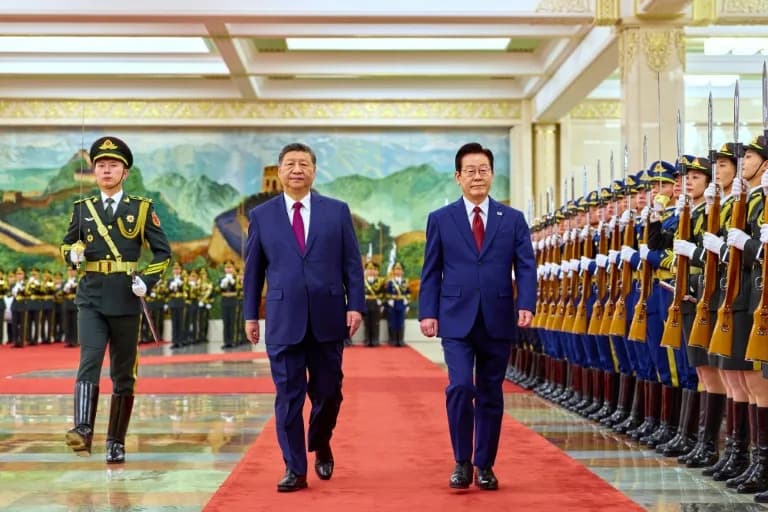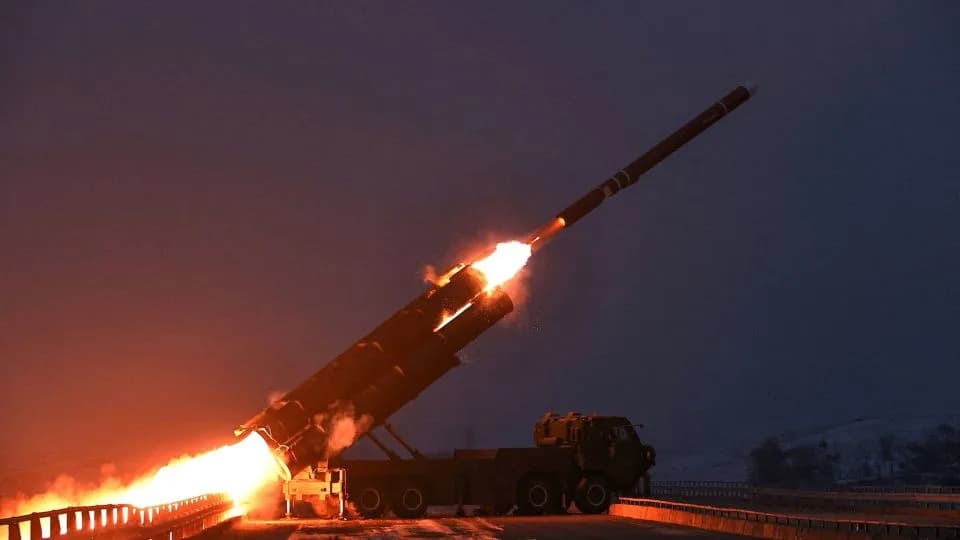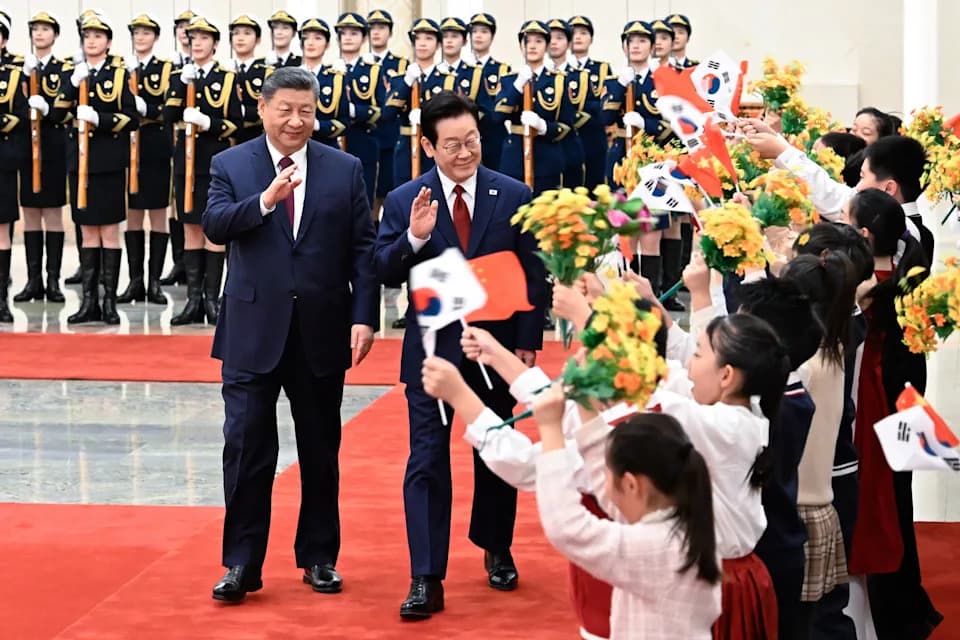South Korea has proposed military talks with North Korea to clarify the disputed military demarcation line and reduce the risk of an accidental armed clash after repeated border incidents. Seoul says it has fired warning shots at troops it says crossed the line; Pyongyang denies the breaches. Officials link the incidents to lost demarcation posts and differing interpretations of the boundary. Observers view the offer as part of President Lee Jae‑Myung’s effort to reopen communications despite Pyongyang's reluctance to engage since 2019.
South Korea Proposes Military Talks to Clarify Border and Prevent Accidental Clash

Seoul offers talks after repeated border incursions
SEOUL — South Korea on Monday proposed military talks with North Korea aimed at clarifying the contested military demarcation line and reducing the risk of an accidental armed clash after what Seoul described as repeated incursions raised alarm.
Seoul's military says it has fired warning shots to drive back North Korean soldiers who it says crossed the military demarcation line on multiple occasions after Pyongyang began fortifying front‑line defenses last year. North Korea has denied the alleged crossings and warned of unspecified responses.
Preventing misunderstandings
Kim Hong‑Cheol, South Korea's deputy minister for national defense policy, said the offer of talks is intended to prevent an unintended armed confrontation and to lower tensions along the border. He added that many of the demarcation posts placed at the end of the 1950–53 Korean War have disappeared, likely creating differing interpretations of the boundary and contributing to recent incidents.
Diplomatic obstacles
It is unclear whether Pyongyang will accept the invitation. North Korea has largely rejected bilateral dialogue with Seoul and Washington since nuclear diplomacy between North Korean leader Kim Jong Un and then‑U.S. President Donald Trump stalled in 2019. Trump repeatedly sought to restart talks, but Kim has suggested he would only meet again if Washington dropped denuclearization as a precondition for negotiations.
Observers say Seoul's outreach is part of President Lee Jae‑Myung's effort to reopen communication channels with the North. In August, Kim Yo Jong — a senior North Korean official and the leader's sister — dismissed the Lee administration's overtures as a "sinister intention" intended to blame Pyongyang for strained ties.
Last year, Kim Jong Un said North Korea would abandon long‑held aims of peaceful reunification and ordered changes to the North's constitution that designate the South as a permanent enemy. South Korea's military reports sightings of new anti‑tank barriers and increased mine‑laying near border areas.
The border today
The Korean border runs roughly 248 kilometers (155 miles) and is as much as 4 kilometers (2½ miles) wide in places, making it one of the world's most heavily militarized frontiers. An estimated 2 million mines are buried inside and near the zone, which is ringed by barbed wire, tank traps and troops on both sides. The fortified boundary remains from the 1950–53 Korean War, which ended with an armistice rather than a peace treaty.
Help us improve.


































